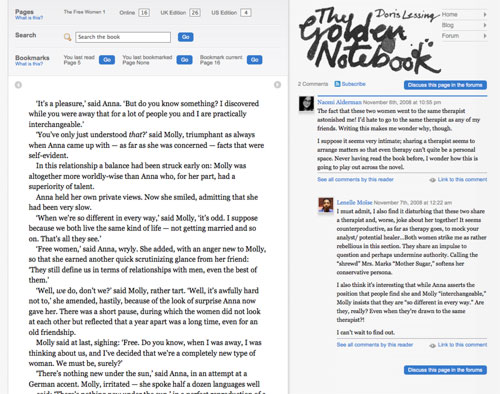

Written in the first person, with rage, humour and ambition, these novels rewrite the bildungsroman to show the new journey women must take, a journey which no longer ends with Mr Right. Her Nigerian protagonist Adah is determined to succeed as a writer but a cruel husband and demanding children combine with the indignities of racism in dreamed-for England. Buchi Emechta’s Second Class Citizen (1974) engages with these themes while exploring the particular disappointments of the women who came to the UK from former colonies after the war.

The Golden Notebook was a breakthrough example of a wave of ‘consciousness-raising’ writing and film. Margaret Drabble, Nell Dunn, Shelagh Delaney, Eva Figes, Ann Oakley, Alison Fell, Sara Maitland, Michelene Wandor, Fay Weldon, Anne Devlin, Michele Roberts, and poets Sylvia Plath, Grace Nichols, Liz Lochhead, Denise Riley and many others captured the distinct flavours of women’s struggles in Britain: class manners and working class wit laborious arguments in and with the Left boring food drab weather the deceptive dazzle of London and the disappointments of a sexist counterculture. … I suppose because I did have politics, I did have the Women’s Movement, I did have the theatre at the time, I had things that belonged to me, and I wasn’t going to let go of those, in order to fit into a man’s life. I remember sitting on a bus and … feeling, yes, this is absolutely where I’m at, and I’ve got to, kind of, hold my centre a bit better.

Lessing said this complex structure was to show the fragmentation of a woman’s mind, and how, through writing, she might put her identity back together.įeminist film director Michele Ryan encountered The Golden Notebook at a point of confusion in the early 1970s: She decides to keep four notebooks, one for each part of her life – black for her experiences in Africa, red for politics, yellow for a fictionalised version of herself, and blue for a diary, weaving around a novel-within-the-novel, titled ‘Free Women’. We meet Anna Wulf, a writer and single mother with writer’s block, exploring her disillusionment with men, communism, and violent resistance. Free women: Literature and consciousness-raisingĭoris Lessing’s The Golden Notebook (1960), heralded the new era.


 0 kommentar(er)
0 kommentar(er)
